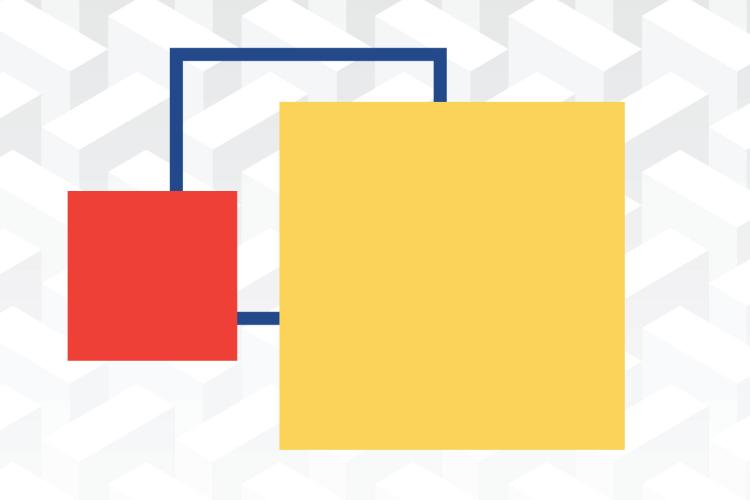"Machine Learning Workshop" with Noah Waisberg
By: Calvin Wang, JD Candidate 2024
Noah Waisberg is the founder of Kira, a machine learning software developed for law firms that uses artificial intelligence to streamline contract review. In this speaker event, Noah explained what Kira is and how it works, as well as how we should view developments in legal technology in general.
All those who came in expecting a complex and rigorous analysis of confusing tech jargon were likely surprised by how comprehensible Noah’s explanation and demonstration of Kira actually was. This was especially helpful for people without backgrounds in technology (like me) to understand the process of what was going on.
How it works is simple. Kira operates by identifying clauses in contracts. Lawyers tell Kira what to look for by giving it examples to work with. For example, a lawyer might highlight and label a “Confidentiality” clause. Kira would then use that highlighted text to learn how to detect new and different “Confidentiality” clauses in the future, based on similarities of the language used. Once it knows what a “Confidentiality” clause looks like, it will also be able to note when a certain contract is missing a “Confidentiality” clause or if it exists, instantly identify it. Thus, rather than having a lawyer grind their way through contracts one page at a time, Kira can scan through documents faster and more accurately than human review.
If, like me, you’re worried about losing jobs to our new machine overlords, Noah explained why you shouldn’t be. While it’s true that the efficiency of machine learning means less work, this kind of technology paves the way for work that couldn’t have otherwise been done. The idea is basically that the increase in efficiency means more work overall (and therefore, more billable hours) because work that was previously prohibitively expensive is now cost-efficient. Instead of only working through 5% or 10% of contracts due to cost constraints, Kira enables firms to go through 100%, benefiting both the client and the firm itself. As Noah put it, due diligence becomes total diligence.
Perhaps the most important takeaway from this speaker event is an understanding of the effects that these technologies will have on law students and lawyers moving into the future. Contract review as it has been done in the past may be an experience that some students will never go through, precisely because of what machine learning is doing in the field of law. The implications of legal technology are not solely restricted to lawyers who hope to work with technology and innovation. The reality of these developments is that regardless of where you are, legal technology will impact your career.
This workshop was perfect for giving the average law student a look at what lies ahead in their legal careers. Given how widespread Kira already is, with its use by five of the Seven Sisters, it’s easy to see how getting an early look at legal tech is a genuine advantage to be had.
And if the insights that Noah brought along weren’t enough to win you over, he also handed out two copies of his newest book, AI for Lawyers, just for asking questions!

